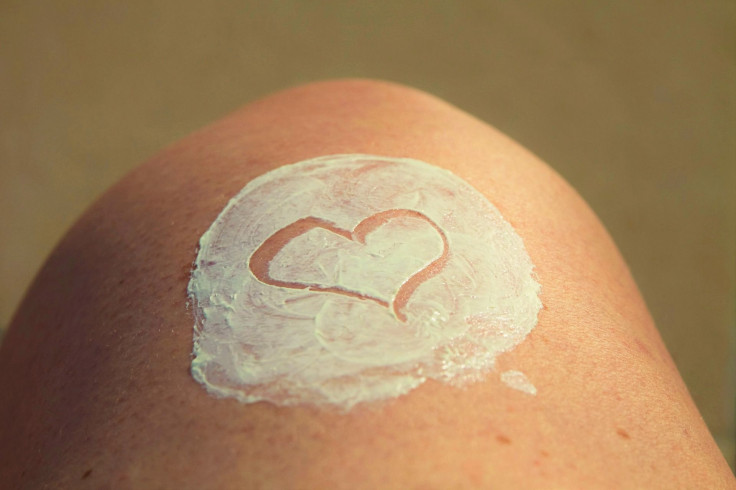Concerning Chemicals In Cosmetics, Skin Care Products To Watch Out For
KEY POINTS
- Some cosmetic products may contain chemicals consumers aren't aware of
- Products we use everyday may have "forever chemicals" or mercury
- "(I)t's important to use products that will help your skin and not damage it": FDA
Taking care of our skin is vital, but making sure that what we're putting on it is completely safe, is even more important.
Nowadays, there is no shortage of trendy cosmetics and skin care products that grab people's attention as the next best thing. While there's nothing wrong with using products to keep our skin hydrated and fresh, people should also be aware of some potentially harmful ingredients that may be hiding in plain sight.
Here are some of the chemicals that you may want to watch out for in beauty products. (Courtesy: Integris Health, and Choice)
Perfluoroalkyl and Polyfluoroalkyl Substances (PFAS)
More commonly known as "forever chemicals," PFAS are used mostly in make-up and anti-aging products. Studies on PFAS have suggested possible health effects of high exposure to PFAS, including increased cholesterol levels, changes in liver enzymes and increased risk of high blood pressure or pre-eclampsia in pregnant women.
"While it is difficult to show that substances directly cause health conditions in humans, scientific studies have shown that exposure to some PFAS in the environment may be linked to harmful health effects in humans and animals," noted the Centers for Disease Control and Prevention (CDC). "More research is needed to better understand the health effects of PFAS exposure."
Names to look out for on your skincare products' packages -- polytetrafluoroethylene, perfluorooctyl triethoxysilane, perfluorononyl dimethicone, perfluorodecalin and perfluorohexane.
Formaldehyde
It may be surprising to some people, but some products such as medicines, cosmetics and even body washes may contain formaldehyde to prevent the growth of microbes. It is a colorless, flammable gas, and exposure to it may lead to adverse health impacts.
While low levels of exposure to it are not considered to be dangerous, high levels of exposure to formaldehyde, "particularly in cosmetics," may cause problems like skin sensitization, asthma and breathing difficulties, according to the Australian Competition & Consumer Commission.
Apart from formaldehyde itself, other chemicals also end up releasing the chemical as a "donor" of it. This includes Quaternium-15, DMDM hydantoin, imidazolidinyl urea, diazolidinyl urea and bromopol.
Mercury
Some cosmetics contain heavy metals such as lead, arsenic and mercury. Some of them, however, are not added intentionally. In many instances, the metals are a byproduct of other ingredients.
Previously, the FDA warned against using skin creams, soaps, lotions and other such products that contain mercury. The element can typically be found in products that are marketed as skin lighteners and ones with anti-aging properties to remove wrinkles and freckles. Some products are also sold as acne treatments.
Mercury exposure may have "serious health consequences," according to the FDA. And, even the people around the person using such products may be exposed to it via the vapors. Pregnant women and their babies are said to be particularly vulnerable to mercury toxicity.
Some symptoms of mercury poisoning may include memory issues, depression, irritability, tremors and numbness around the hands, feet or mouth. Ingredient names to look out for include mercurio, mercurous chloride, calomel and mercuric.
Other chemicals that can be found in cosmetics include phthalates, parabens and butylated compounds, which are said to be endocrine disruptors. Carbon black, which can be found in makeup products such as eyeliner, mascara and lipstick, is said to be a possible carcinogen, while some fragrances added to products may also cause skin irritations.
Knowing that the cosmetics and skin care products that one uses may contain these ingredients does not mean they should be afraid of using them, as taking care of our skin is an important part of health, being the largest organ in the body.
However, being aware of what's in the products that we choose to use may help us make better choices to care for our skin without affecting our health.
"Whatever your complexion, it's important to use products that will help your skin and not damage it," said the FDA.

© Copyright IBTimes 2025. All rights reserved.






















